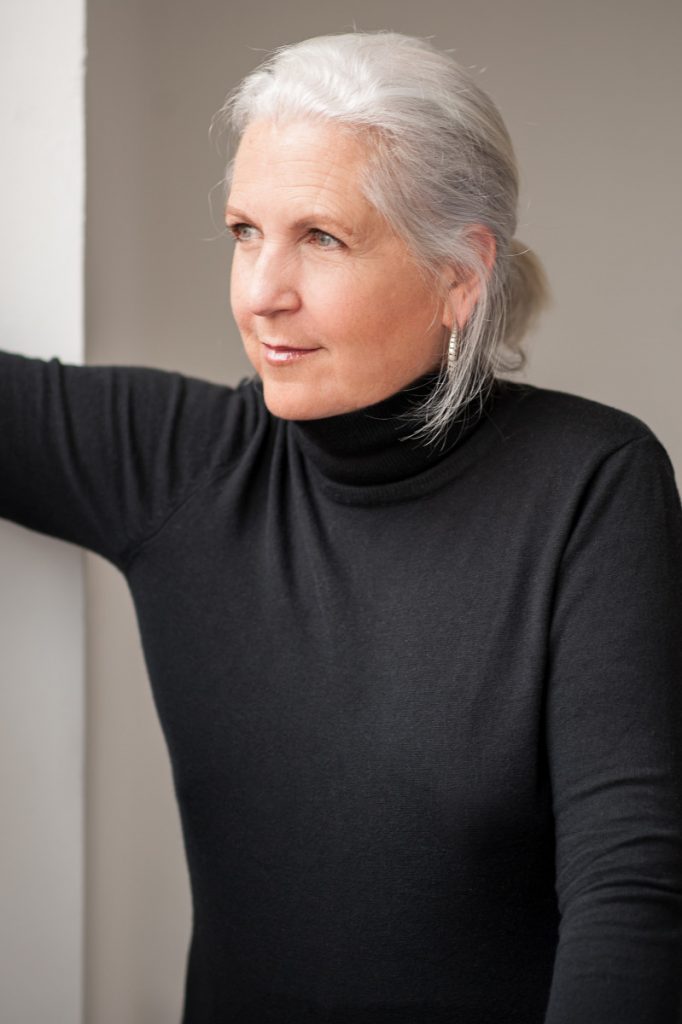Between arid arches and majestic mountains, the scenery of Utah, where award-winning author and naturalist Terry Tempest Williams grew up, differs greatly from Chautauqua’s lush lakeside location. Utah has greatly influenced Williams’ writing; the effects of nuclear testing in the West from the 1940s to the 1960s, both on the environment and those living there, takes center stage in her memoir Refuge: An Unnatural History of Family and Place.
Williams will be interviewed by David Lamfrom, vice president of regional programs for the National Parks Conservation Association, at 10:45 a.m. Thursday, July 7, in the Amphitheater as part of the Chautauqua Lecture Series Week Two theme, “The Wild: Reconnecting with Our Natural World.”
Lamfrom connects Williams’ writing with the time he worked in the California desert.
“For me, (Williams) was background reading for helping to understand, to create a deeper sense of place,” Lamfrom said.

Williams has received numerous awards and honors for her work as an author and a naturalist, including the National Wildlife Federation’s Conservation Award for Special Achievement, the Sierra Club John Muir Award, a Hemingway Foundation Literary Grant and honorary doctorates from several U.S. colleges. She’s currently a writer-in-residence at the Harvard Divinity School
As the author of more than 15 books, ranging from nonfiction to essay collections to children’s literature, Williams combines scientific concepts with her personal experiences to emphasize the interconnection of social and environmental issues. Similarly, within his work, Lamfrom incorporates elements of nature, history and culture to protect the national parks. He looks forward to interviewing someone whose work has influenced his field.
“One of the things I get to do is, I get to express my gratitude to (Williams) for the work that she’s done to protect places that I really love,” Lamfrom said.
Williams’ writing leans into a poetic eloquence that draws readers into the pertinent subject matter. Lamfrom identifies as a storyteller himself, and he appreciates the ability of the written word to transcend barriers.
The reader produces the story that somebody else experienced, Lamfrom said, which because of the reader’s unique background, adds new meaning to the work.
Lamfrom hopes to guide his interview with Williams in a way that makes the crucial subject matter accessible to a diverse audience of people.
“I feel really confident that between her ability to tell her story and my connection and care to those places (that have influenced her), that we can create a big enough circle that can invite everybody in the room in,” Lamfrom said, “to have a really deep and meaningful, but also plain-worded, conversation.”
Lamfrom believes the conversation will introduce a new layer of meaning to Williams’ work.
“It’s a really unique and important experience for people, especially for people who are trying to metabolize the theme. … It’s like, for example, when you have songs that you love, songs that are just important to you in your life. And then when you hear the artists talk about what it meant to tell and make that song, it changes and gives it texture, right?” Lamfrom said. “That is the opportunity and I think that it’s an incredible one.”
Though the work of both Williams and Lamfrom have taken them across the country, the ideals that they hold can be applied in any environment, including here at Chautauqua.




